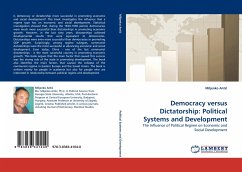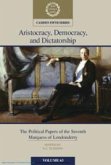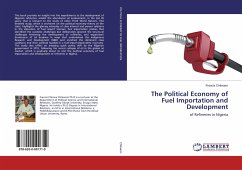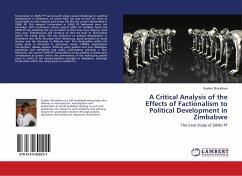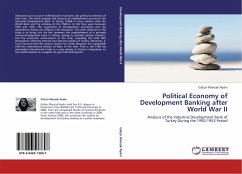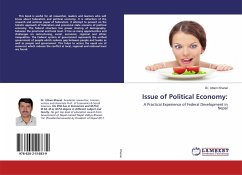Is democracy or dictatorship more successful in promoting economic and social development? This book investigates the influence that a regime type has on economic and social development. Statistical investigation showed that, during the 1830-1950 period, democracies were much more successful than dictatorships in promoting economic growth. However, in the last sixty years, dictatorships achieved developmental results that were equivalent to democracies. Dictatorships were even more successful than democracies in promoting GDP growth. Surprisingly, among regime subtypes, communist dictatorships were the most successful in advancing economic and social development. Even today, China - one of the last communist dictatorships - is the most successful country in promoting economic growth. This book argues that the main factor that caused this success was the strong role of the state in promoting development. The book also identifies the main factors that caused the collapse of the communist regime in Eastern Europe and the Soviet Union. The book is written mainly for people in academia but also for people who are interested in relationship between political regime and development.
